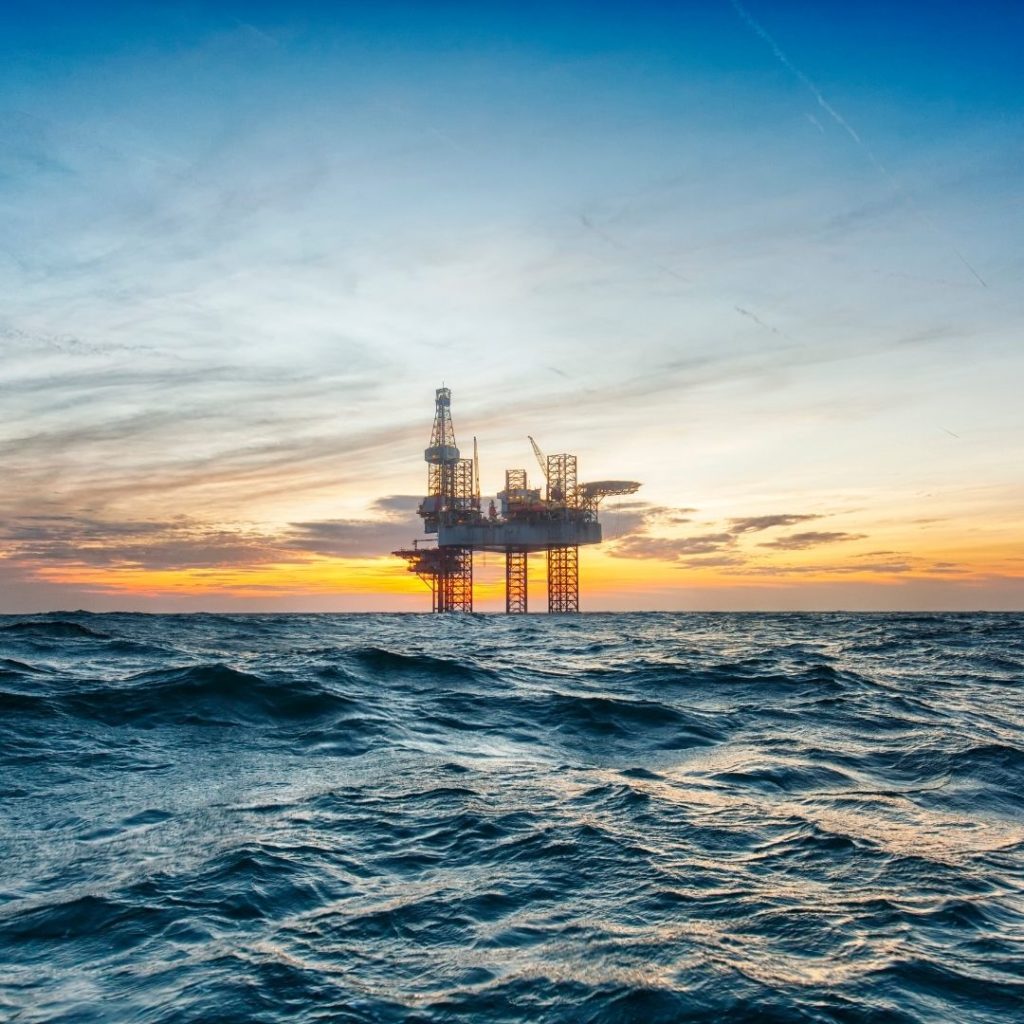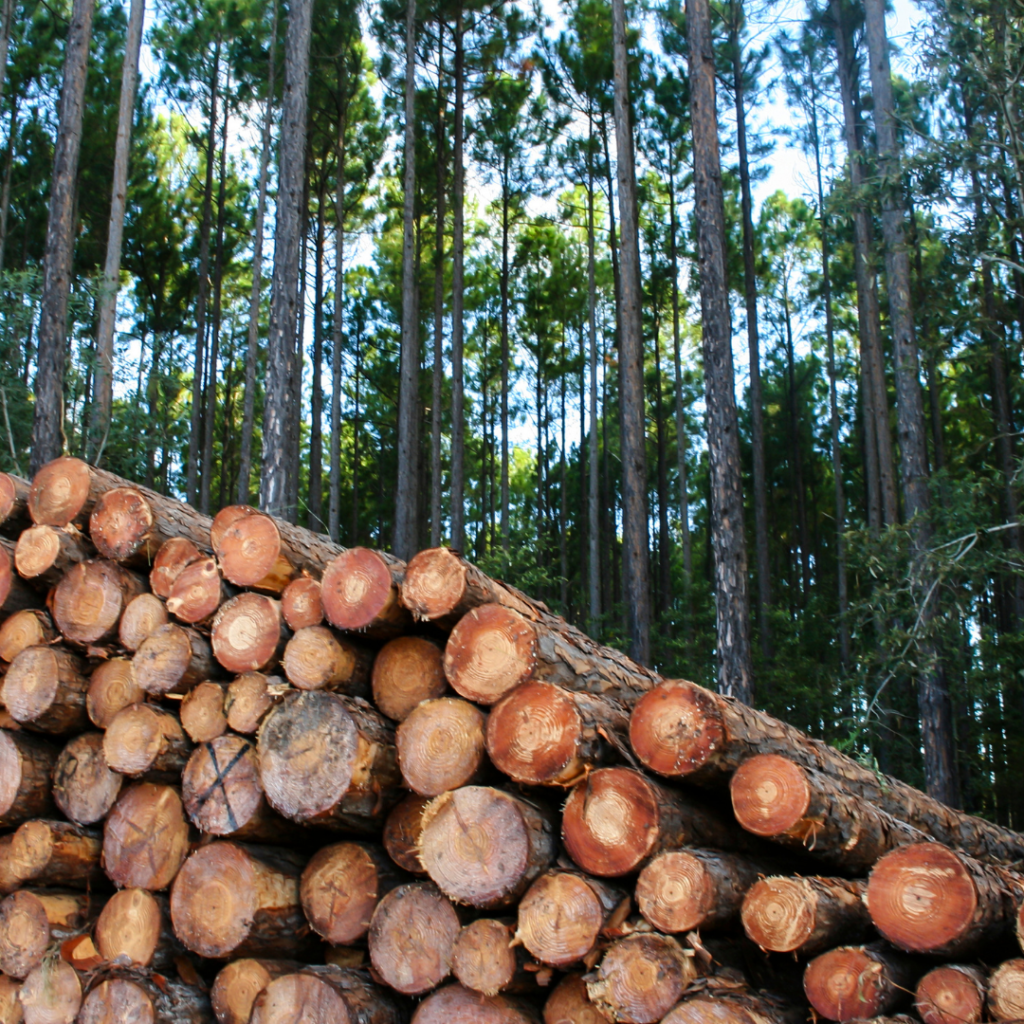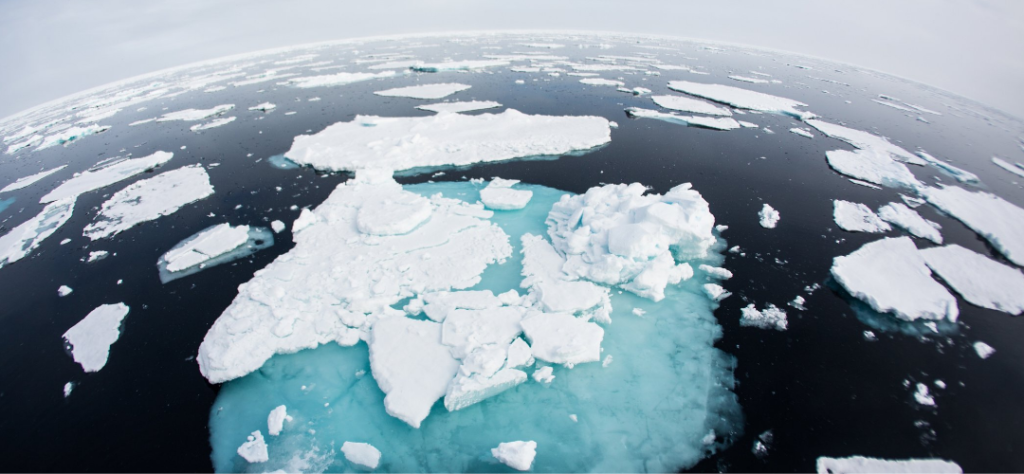What is Sustainability.
Defining Sustainability.
Understanding what sustainability means is the first step needed to create change. It’s crucial to know what we’re working towards, the associated challenges and why it’s important. Sustainability as an adjective means to be able to maintain an action for a long period of time.
Sustainability in the context of the world we interact with daily, can be broken down into 3 categories: environmental, economic and social. To be truly sustainable, means to take responsible action that allows these 3 areas of our world to not only continue advancing but also thrive in the process. It also means we are proactively investing in the health and wellbeing of future generations to come.
Environmental sustainability is defined as responsible interaction with the environment to avoid depletion or degradation of natural resources and allow for long-term environmental quality.
Economic sustainability refers to following practices that support long-term economic growth without negatively impacting social, environmental, and cultural aspects of the community.
Social sustainability is about proactively identifying and managing impacts, both positive and negative, on people. In every social system, it’s critical to consider human needs and rights, along with every role each person plays in the community (citizen, youth, employee, customer, stakeholder, etc.)
Four Root Causes of UNsustainability.
Sustainability is about living within the earth’s limits; respecting that there are limits to ecosystem resources and the earth’s ability to withstand human impacts. There are four root causes of unsustainability:

Extraction
Extracting large quantities of materials from the earth such as oil, natural gas and heavy metals that the planet can’t cope with. For example, climate change is largely the result of the impact of excessive burning of fossil fuels.

Creation
The creation of manmade substances that nature can’t break down such as plastic micro-beads that have invaded the oceans.

Degradation
Degrading the Earth’s ability to keep us & our environment healthy caused by development that displaces ecosystems. For example: draining wetlands that filter pollutants from water or clearing forests that clean air, faster than they can regenerate.

Consumption
The unequal consumption of resources by different societies is leading to social inequity and creating barriers to meeting basic human needs worldwide.
The Cost of Inaction.
Though traditional models and approaches may have provided promising results in the past, we have grown to better understand the consequences of our actions. There are simply not enough natural resources to carry us through the coming decades. We are taking from the future without replenishing for the next generation to live. Today humanity uses the equivalent of 1.75 Earths to provide the resources we use and absorb our waste, based on the 2022 edition of the National Footprint and Biocapacity Accounts.Additionally, not only are the natural resources we rely on limited in amount, they also contribute immensely to the warming global climate. What may appear to be a very small temperature increase, is actually causing huge detriment to all natural ecosystems, human health and our economic structure.
Even at a modest level of warming of 1.5°C or 2°C, the Intergovernmental Panel on Climate Change (IPCC) estimates the global cost of the associated damages at $54 and $69 trillion. The cost of inaction is accounted for by factors such as displaced people because of the need for new landfills, or overwhelmed health care systems as a result of extreme weather events. More related to business, it would mean rising cost of goods because of suppliers dealing with the impacts of climate change, loss of revenue from customers who would rather purchase from a responsible company and increased taxes because of carbon mandates from the government.

Continuing on this trajectory brings predictable but preventable challenges. We can be certain that getting started and becoming a climate conscious individual, organisation or business, no matter how small our actions are, is the better decision. Which path will you choose?
The Cost of Climate Change.
Natural Resources.
Human Health.
Extreme weather.
Business Sustainability.
When an organisation transitions away from practices which cause harm to the environment, imbalance in their own financial structure or the public economic system, and detriment to any aspect of society (individuals, particular social groups or communities as a whole), they begin to build their sustainable business identity. A sustainable business is one which considers the short and long-term impacts of actions being taken throughout every level of operation and continuously makes decisions that prioritise contribution to environmental wellbeing, public health and financial equity. IIn this way, sustainability allows the business to “meet the needs of the present without compromising the ability of future generations to meet their own needs” as according to the Brundtland Commission in 1983.


Choosing Sustainability.
In order to gain the competitive advantages sustainability provides, business leaders succeed best by becoming forward-thinking and innovative. The Earth has a finite set of resources. Its ability to replenish these resources is significantly hindered and impacted by our extraction of these resources. Additionally, our consumption methods create impacts that make it difficult for the Earth to recover from. To continue living on this planet, we need to find ways to replenish more than we take and reduce the negative impacts of our consumption habits. Companies will grow, economies will prosper and people will thrive, if we each take responsible action, no matter how small. The businesses that take responsibility now are the ones that measure their impact credibly, reevaluate their values, invest in green technology, give back to the community, focus on regenerating nature and believe they can be a catalyst for change.
Looking for more about global sustainability standards you can align with?
Read more on the United Nations 17 Sustainable Development Goals for a prosperous planet and the people on it.


